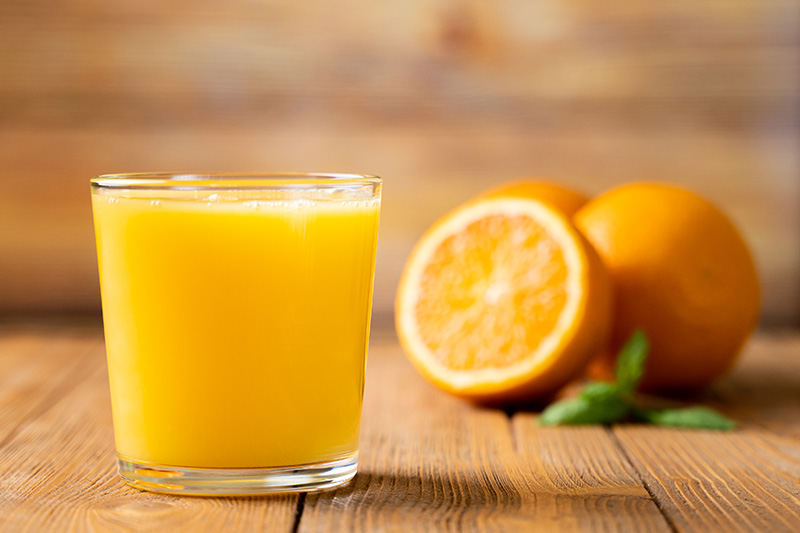More Health and Nutrition Bites
Related
Taking Vitamins to Prevent Cancer or Heart Disease
In my practice we ask our patients to bring all of the medications they are taking, including vitamins and herbs or supplements, to every office visit. This is so that if a patient is seeing more than one doctor - maybe a cardiologist in addition to visiting me, an internist - we can make sure that none of the medications they are taking will interact with each other in negative ways.
Multivitamins Linked to Breast Cancer
I don't normally report on vitamin supplement research. If you read my The Dr. Gourmet Diet Plan Coaching essay this past Monday, you know that it's pretty clear that getting your vitamins from foods is better than taking them in pill form. Given that so many people take a multivitamin, however, I felt that this study was worth sharing with my readers.
Red Meat and Breast Cancer in Women
There have been links to an increased risk of cancer in those who eat higher amounts of red meat. So far this has not been shown in women with breast cancer, however. In a study published this week a group of researchers looked at a large number of women to determine if this might be the case.
Health & Nutrition Bites
Get the latest health and diet news - along with what you can do about it - sent to your Inbox once a week. Get Dr. Gourmet's Health and Nutrition Bites sent to you via email. Sign up now!
Breast Cancer and Vitamin C

Vitamins A, C, and E are what are known as antioxidants: one of their functions in the body is to help protect cells from damage. That damage can lead to cancer, thus antioxidants help protect you from cancer. (That's an oversimplification of a very complex process.) So you might be justified in thinking that consuming more of these antioxidants would be good for you. Enter the supplement industry, who is more than happy to profit from your desire to stay healthy.
The problem, of course, is that we've seen from other studies that getting your vitamins and nutrients in pill form are generally useless at best. Sometimes they may actually be harmful, as with B vitamins and lung cancer.
More specific research into antioxidant supplementation has sometimes linked Vitamin C intake with increased risk of breast cancer, while other studies have seen no such link. Studies in mice and in vitro (testing cells in a petri dish, for example) have also been mixed.
A team of researchers at Harvard decided to look specifically at both total and supplemental Vitamin C intake and breast cancer by utilizing data gathered for two long-term, large-scale studies of women: the Nurses' Health Study, which began in 1976, and the Nurses' Health Study II, which began in 1989 (J Nutr 2022;152:835-843). Both groups of women complete detailed dietary, demographic, and health questionnaires - including gathering information on vitamin and supplement use - every two years.
In contrast with other studies, which often rely on a single dietary questionnaire, the authors chose to utilize all of the biennial dietary questionnaires, assessing each participant's Vitamin C intake from food or supplements (or both) for every two-year period.
After taking into account all sorts of variables from age at menarche to number of children to the amount of exercise the participants engaged in and the quality of their overall diet, after slicing the data every way they could think of, the authors found nothing.
"[W]e did not observe any overall association between total or supplemental vitamin C intakes and breast cancer risks during up to 32 years of follow-up."
No increase in risk. No decrease in risk. Not even in those who were taking the most Vitamin C in supplement form for the longest period of time.
What this means for you
Because it's far better for you to get your vitamins from a healthy, varied diet than taking a pill, I don't often report on research into supplements. This, however, is a pretty big null result. The authors note in this study that previous research using the same dataset had shown that women who consumed more fruits and vegetables that contain Vitamin C were less likely to develop breast cancer - so it's unlikely that it's the Vitamin C alone that's protective. Better just eat more fruits and vegetables.
June 15, 2022
